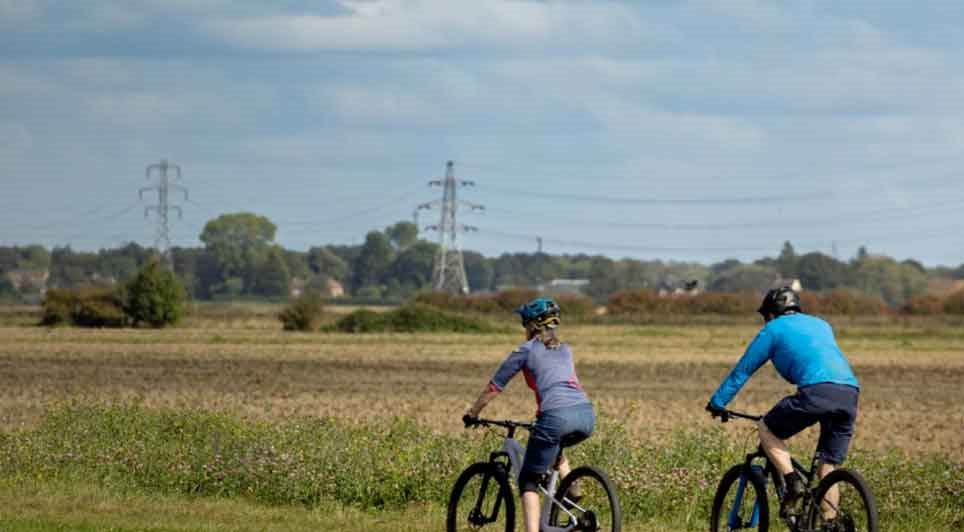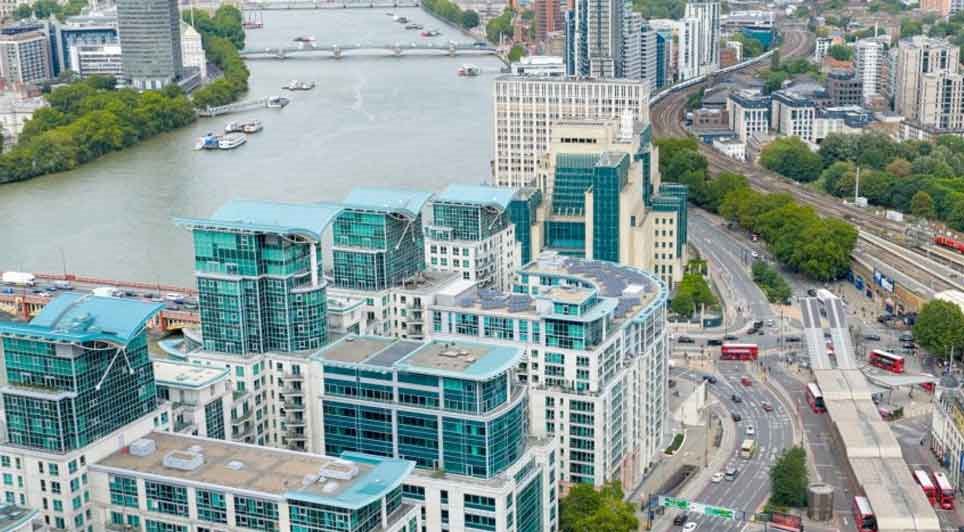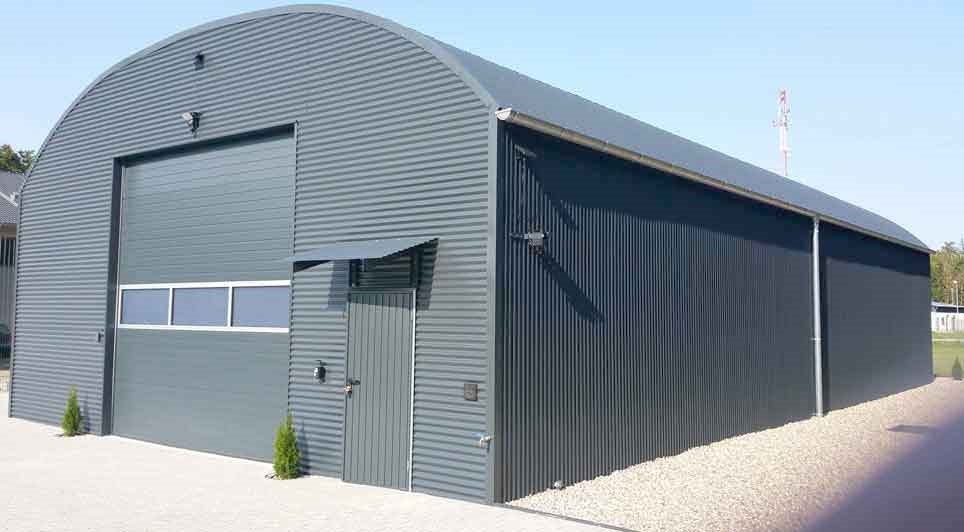New analysis published today highlights the extent to which the government's energy and climate change policies are tempering the impact on household energy bills of global gas prices and network costs.
Although global gas prices and network costs have driven household energy bills up in recent years, and are predicted to continue to do so, the Government is pursuing policies aimed at putting a cushion between the price of energy and the bills paid by householders.
While some policies are adding to household bills, others lead to reductions, and the net result, based on the most thorough evidence base to date, is that households are on average better off than they would have been in the absence of policies.
Today's householders are paying on average £64 or 5% less for their gas and electricity bills as a result of energy and climate change policies compared to if no policies had existed, and in 2020 the net saving against the do-nothing scenario will reach £166 or 11%.
Publishing 'Estimated impacts of energy and climate change policies on energy prices and bills', Ministers pledged to do even more to help people and businesses struggling with high energy bills caused by long-term rising gas prices.
The Government's energy and climate change policies will help meet the UK’s carbon reduction commitments; keeping the lights on through a diverse energy mix and placing the British economy at the leading edge of a new booming global green energy market worth around £3.3 trillion and growing larger every year.
Secretary of State Edward Davey said: "Global gas price hikes are squeezing households. They are beyond any government's control and, by all serious predictions, are likely to continue rising.
"We are doing all we can to offset these global energy price rises, and while we have more to do, this new study shows our policies are putting a cushion between global prices and the bills we all pay.
"The analysis shows that our strategy of shifting to alternatives like renewables, and of being smarter with how we use energy, is helping those that need it most save money on their bills.
"The poorest who take advantage of the help that is available through the initiatives we have on offer stand to make the highest savings, from the Warm Home Discount to our new regulation on energy firms to force them to improve the energy efficiency of fuel poor households.
"The analysis underlines the importance of pressing ahead with the range of steps we’re taking to decarbonise and insulate our economy from excessive reliance on imported gas.
"The picture for businesses is less positive, which is why our new proposals to exempt and compensate the most energy intensive industries from certain policy impacts is crucial. Nothing would be gained from forcing industry, jobs and emissions abroad.
"The move to a low-carbon power sector is bringing thousands of jobs to every corner of the country today, and will continue to do so. Last year we saw 20,000 new jobs in the renewables sector alone. This is driving growth through our supply chains and for businesses across the UK.
"This analysis is an important exercise in transparency. It’s based on the most comprehensive evidence available. I hope it will lead to far a more informed debate about the benefits of our energy and climate change strategy."
(CD)
 UK
UK Ireland
Ireland Scotland
Scotland London
London





















